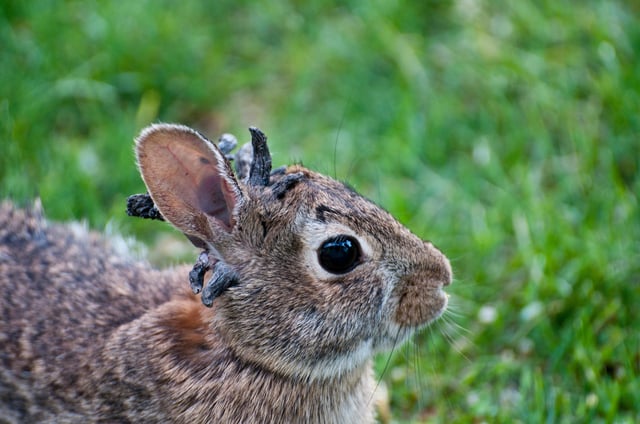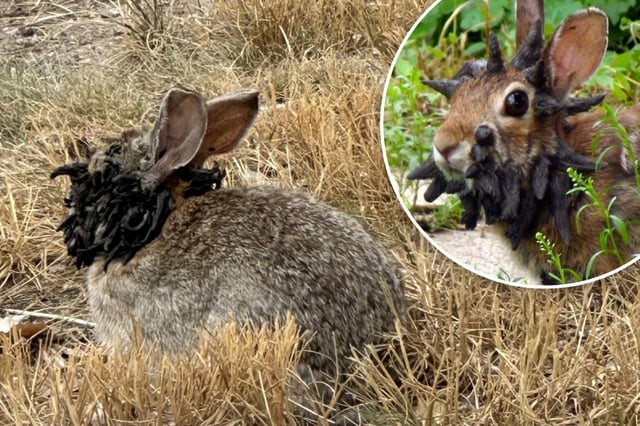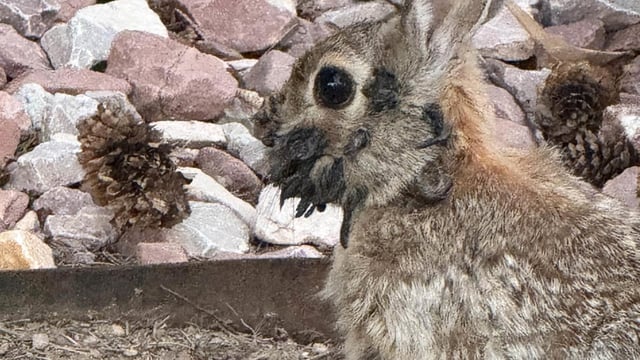Overview
- Colorado Parks and Wildlife has identified the black, horn- and tentacle-like growths on Fort Collins’ cottontail rabbits as keratinized papillomas caused by Shope papillomavirus
- Wildlife experts say the DNA virus spreads only between rabbits via biting insects such as mosquitoes and ticks or through direct contact, posing no risk to humans or other species
- Officials advise against approaching or touching infected wild rabbits and urge keeping pets indoors or away from wildlife habitats during peak insect seasons
- There is no cure for wild cases; most infected cottontails clear the growths seasonally and euthanasia is recommended only if the tumors prevent a rabbit from eating or drinking
- Domestic rabbits face higher health risks from the virus and should receive veterinary evaluation, including possible surgical removal of tumors, if exposed



